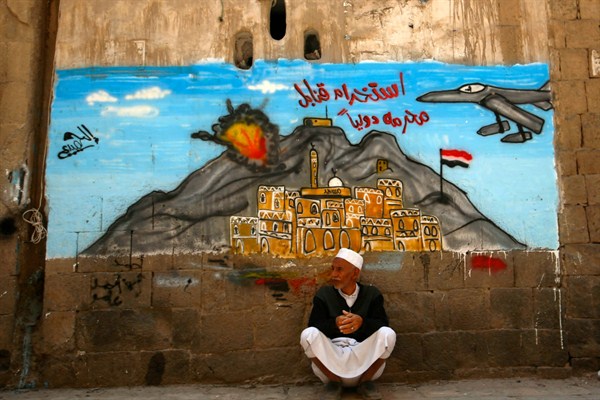The war in Yemen has pushed the country to the brink of famine, according to the United Nations’ World Food Program, while Yemenis are dying daily because of a lack of access to clean water supplies, basic medicine and even affordable transport to medical facilities.
Yet despite a mounting international outcry, the humanitarian catastrophe in Yemen is unlikely to have much of an impact on the calculus of the main players in the conflict, or their foreign backers. In truth, a solution to Yemen’s humanitarian crisis will only come once the warring parties believe a political solution works in their favor, or that the cost of continuing the war is too high.
Yemen was the Arab world’s poorest country before the war, which was sparked by the expansion of the Houthis, a Zaydi Shiite revivalist movement turned militia, into the south of the country last March, after they seized the capital, Sanaa, in September 2014. Speculation was rife before the war that Yemen’s Finance Ministry would soon be unable to pay its bills and that the country could run out of foreign currency. This was particularly worrying given that Yemen relies on imports for 90 percent of its food and fuel—and because its water supply is highly dependent on water drawn from underground aquifers using diesel pumps.

